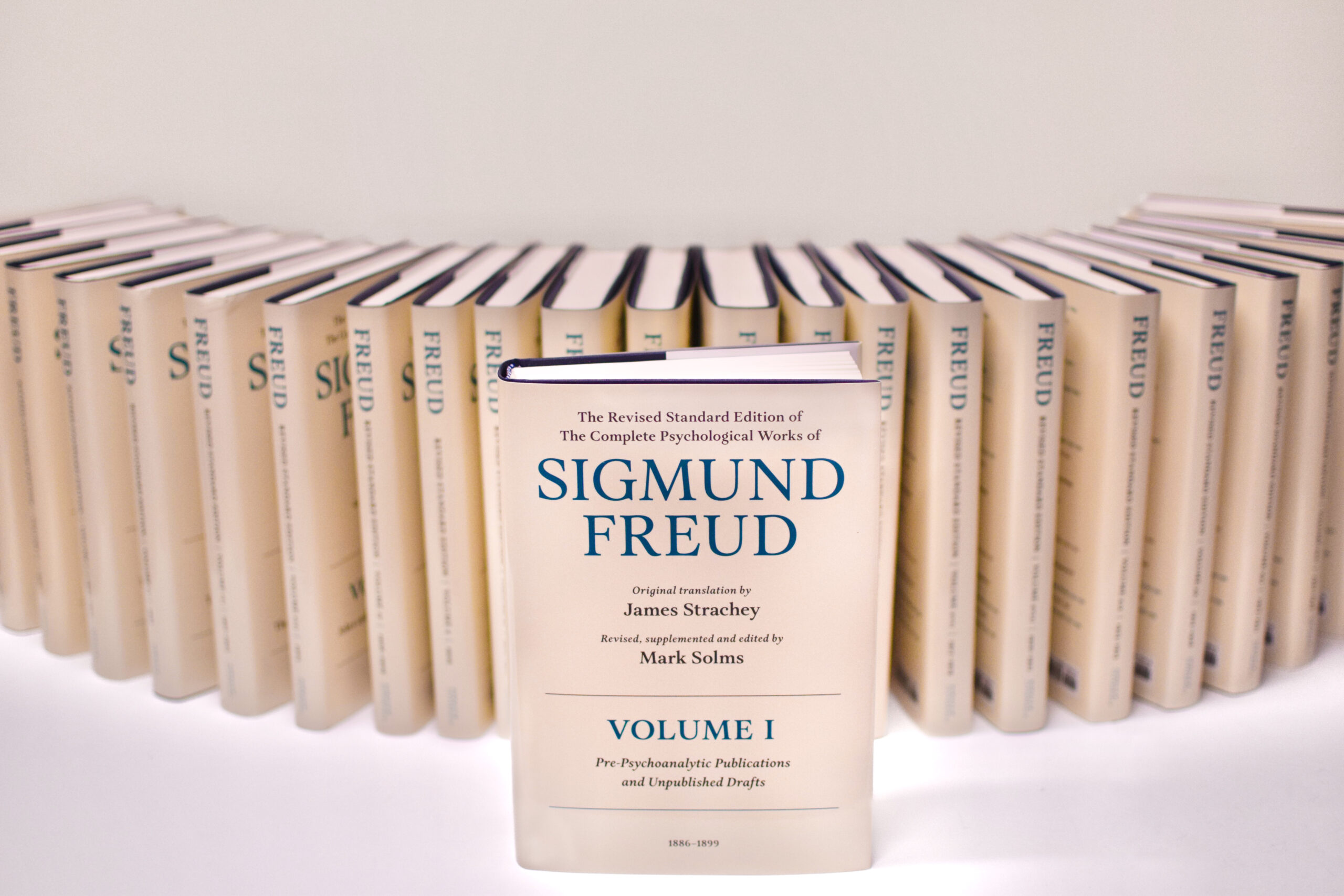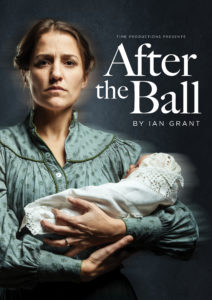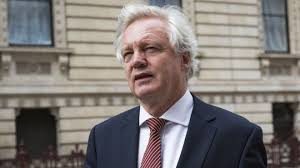
Ian Grant and Creative Structure have been instrumental in bringing to publication The Revised Standard Edition of the Complete Psychological Works of Sigmund Freud. Its 24 volumes, presented as hardbacks and as a digital collection for scholars and libraries, represent a milestone in the history of Freud publishing.
How do we read Freud in the 21st century? He died before World War II had barely begun. The Interpretation of Dreams was published in 1900. Yet Freud’s deep insights into human behaviour remain completely current. What has changed is the social, medical, political, intellectual, artistic, scientific and economic world. Since the first edition of Freud’s collected works was co-published by the Hogarth Press and the Institute of Psychoanalysis (IOPA) in the 1960s, 60 years of Freud scholarship, debate, and fierce argument required a new, deep examination of James Strachey’s original translation of Freud’s work.
The 24-volume print and digital work, 30 years in the making, had an academic launch in New York in June 2024 and heads towards the major public launch at the Freud Museum in London on September 19th 2024, followed by a public conference at University College London on the 21st.
Since 2018 Creative Structure has advised the Institute of Psychoanalysis (IOPA) on their publishing programmes. In 2019 we issued to global academic publishers a request for proposals to co-publish the work with the IOPA. After detailed presentations and final interviews of two shortlisted publishers the IOPA board selected Rowman & Littlefield Inc, (R&L) led by Oliver Gadsby, then President of R&L’s Academic and Professional Division, as their global publishing partner. Oliver Gadsby and Ian Grant supported the R&L and IOPA leadership respectively in negotiating the publishing agreement, and in overcoming the many technical and copyright challenges presented by such a large project.
Full publishing details of The Revised Standard Edition of the Complete Psychological Works of Sigmund Freud are on the website of R&L’s academic division (recently acquired by Bloomsbury).
Details of the UCL conference, open to the public, are here.











Recent Comments